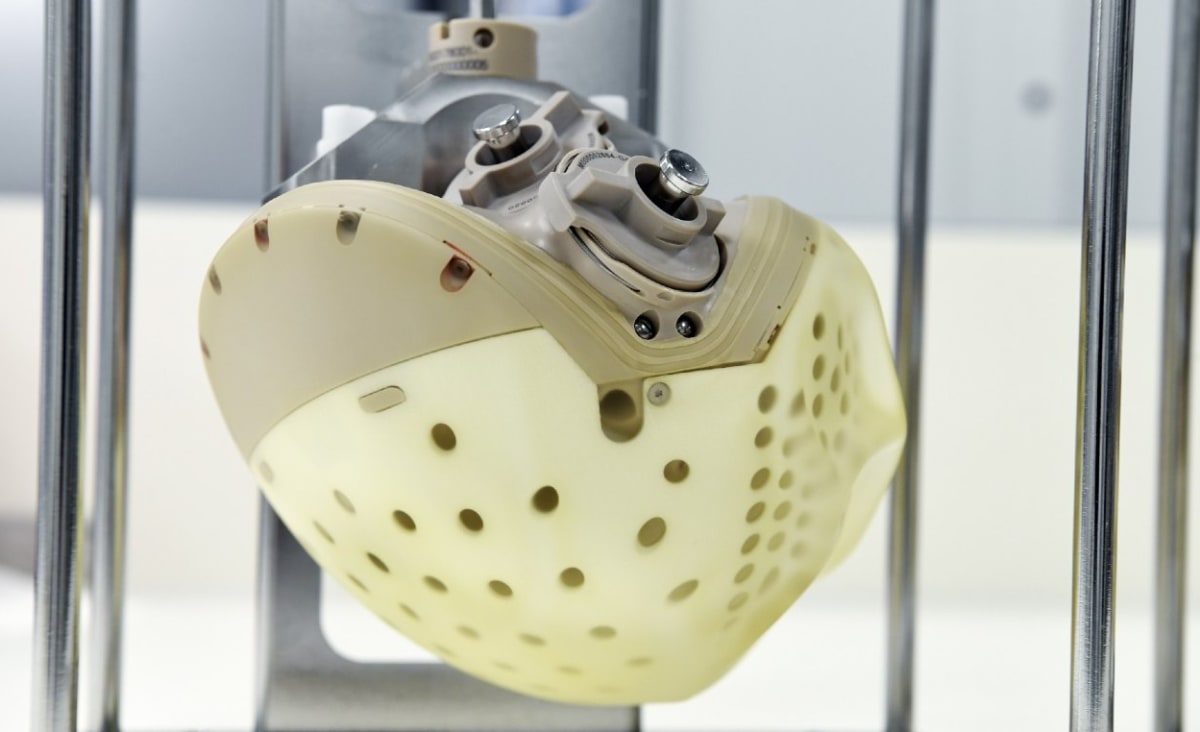
www.goodnewsnetwork.org
Researchers Find New Strategy for Preventing Clogged Arteries
Albert Einstein College of Medicine scientists have successfully minimized artery-narrowing plaque by using CMA to reawaken youthful process.
Health
Revving up a process that slows down as we age may protect against a major cause of heart attacks and strokes.
Scientists have successfully minimized artery-narrowing plaque in mice, and published their findings this week in Proceedings of the National Academy of Sciences.
The researchers at Albert Einstein College of Medicine did so by boosting chaperone-mediated autophagy (CMA), a cellular housekeeping process discovered in 1993 and named in 2000.
“We’ve shown in this research that we need CMA to protect against atherosclerosis, which becomes severe and progresses when CMA declines—something that also happens when people get older,” said Dr. Ana Maria Cuervo, M.D., the professor of molecular biology and medicine who discovered it.
“But equally important, we’ve proven that increasing CMA activity can be an effective strategy for curbing atherosclerosis and halting its progression.”
CMA keeps cells functioning normally by selectively degrading the many proteins that cells contain. Dr. Cuervo has deciphered many of the molecular players involved in CMA and shown that, through its timely degradation of key proteins, it regulates numerous intracellular processes—including glucose and lipid metabolism, circadian rhythms and DNA repair.
She also found that disrupted CMA allows damaged proteins to accumulate to toxic levels, contributing to aging and—when the toxic buildup occurs in nerve cells—to neurodegenerative diseases like Parkinson’s, Alzheimer’s, and Huntington’s disease.
Fighting Back Against Plaque
Cardiovascular disease is the world’s leading cause of death, and is usually associated with atherosclerosis: the buildup of plaque (a sticky material consisting of fat, cholesterol, calcium, and other substances) within the walls of arteries. Accumulating plaque hardens and narrows arteries, preventing them from delivering oxygenated blood to heart muscle (leading to heart attacks), the brain (strokes), and to the rest of the body.
To investigate CMA’s role in atherosclerosis, Dr. Cuervo, who is also co-director of the Institute for Aging Research at Einstein, studied atherosclerosis in mice by feeding them a fatty Western diet for 12 weeks and monitoring CMA activity in plaque-affected aortas of the animals. CMA activity initially increased in response to the dietary challenge; after 12 weeks, however, plaque buildup was significant, and virtually no CMA activity could be detected in the two types of cells—macrophages and arterial smooth muscle cells—that are known to malfunction in atherosclerosis, and lead to the buildup of plaque within arteries.
“CMA seemed to be very important in protecting macrophages and smooth muscle cells—helping them function normally despite the pro-atherosclerotic diet—at least for a while, until their CMA activity basically came to a halt,” said Dr. Cuervo in an Einstein media release.
She and her colleagues noted that feeding the high-fat diet to mice totally lacking in CMA activity produced even stronger evidence of CMA’s importance: plaques nearly 40% larger than those in control animals that were also on the high-fat diet.
























































